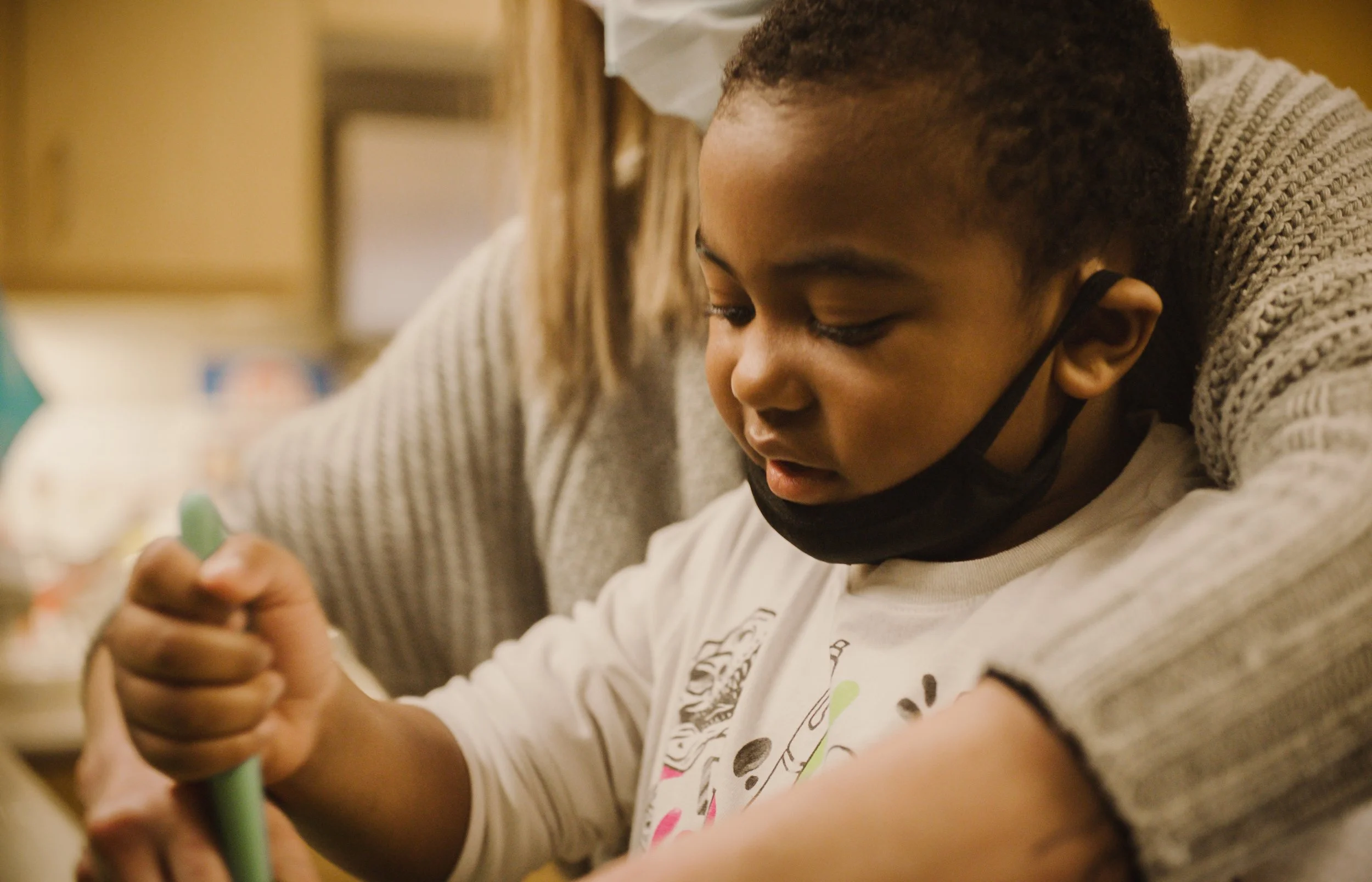
Caregiver-Mediated Early Years Programs in Niagara Region: Learn strategies for young children with autism through coaching and daily routines
Bethesda is a proud partner of the Ontario Autism Program (OAP) Early Years Collaborative led by McMaster Children’s Hospital.
Together with the Niagara Children’s Centre, Haldimand-Norfolk REACH, Six Nations Health Services and Lansdowne Children’s Centre, Caregiver-Mediated Early Years Programs support families with young children between the ages of 12 and 48 months.
Services focus on building caregiver capacity to support their child’s skill development in one or more of the following areas: social interaction, play, communication, emotional development, adaptive development and self-help skills.
Families can contact Bethesda to learn about their service options in the Niagara Region. Eligible families will receive an invitation from the Ministry of Children, Community and Social Services (MCCSS) to access a Caregiver-Mediated Program.
For more information, contact one of our Service Coordinators by calling 905.684.6918 ext. 170, or sending an email to serviceinfo@bethesdaservices.com
-
ESI-SCERTS is founded on developmental and behavioural principles within a multidisciplinary framework.
The program focuses on improving a toddler’s development in the areas of social communication (SC) and emotional regulation (ER) by ensuring the environment is adapted with transactional support (TS).
Parents/caregivers are taught to embed strategies into their daily routines for at least 25 hours/week.
-
Social ABCs is based on a combination of developmental and behavioural principles. The program focuses on improving a toddler’s vocalizations to communicate and share positive emotions with others.
Parents/caregivers are coached using a positive, collaborative framework and are encouraged to embed strategies into everyday play activities and caregiving routines.
-
Pivotal Response Treatment (PRT) focuses on Applied Behaviour Analysis (ABA) principles.
The program focuses on increasing a child’s motivation to learn, play, communicate, and engage in social interactions.
Parents/caregivers are trained using Behavioural Skills Training (BST) and are encouraged to embed strategies into their daily activities and routines.

